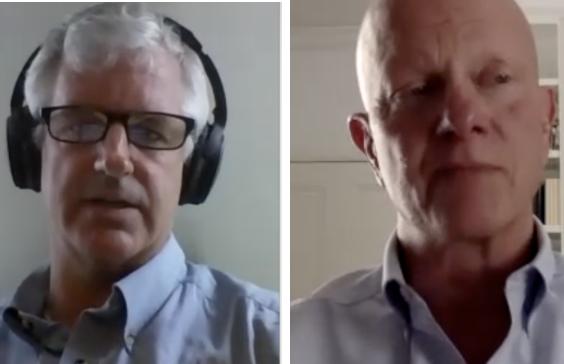With an avalanche of news related to the coronavirus saturating media these days, it is not surprising that several of President Donald Trump’s rollbacks of Obama-era environmental protection policies have escaped the notice of the general public.
That was the recent case with the Trump administration’s move in the last month to throw out the Obama-era Clean Water Rule, which provided robust protections for wetlands and seasonal streams under the Clean Water Act. In its place, many experts believe, is a dangerously weaker version.
Two organizations that did, however, take notice was the Chesapeake Bay Foundation and ShoreRivers. Even as COVID-19 disrupts the work of both groups, they have teamed up to sue the Trump administration. This week they formally filed with the District Court for the District of Maryland, Northern Division, to prohibit what they consider to be a dangerous and unwarranted redefinition of water systems. They contend this new language will strip critical protections for wetlands and streams across the Bay’s 64,000 square-mile watershed.
Yesterday, the Spy talked with Alan Girard, Chesapeake Bay Foundation’s Eastern Shore director, and Jeff Horstman, ShoreRivers’ executive director, to get a much more clear understanding of what’s at stake, and what will be lost if this new Trump definition is adopted.
This video is approximately six minutes in length. For more information about the Chesapeake Bay Foundation please go here. For ShoreRivers please go here.



Steve Park says
Perhaps it would be helpful to understand the other point of view. The Army Corp regulation of intermittent streams is overly punitive to many property owners nationally so lets look into the issue regionally. Sure the Bay needs help, but not to the point of impacting every drainage ditch nationally.
Matt Lechowicz says
“The Trump administration is no friend of the environment?” Really Mr. Girard? Perhaps you are not aware of the Trump administration’s $250M budget for the continuation of Florida Everglades restoration in 2021? This is on top of an historic $200M budget in 2020 for the largest intergovernmental project to restore one of our nation’s greatest resources.
With the current administration it’s more about getting things done than imposing ineffective feel-good regulations which are burdensome for small businesses and private individuals, and which for decades have done little to improve water quality in the bay.